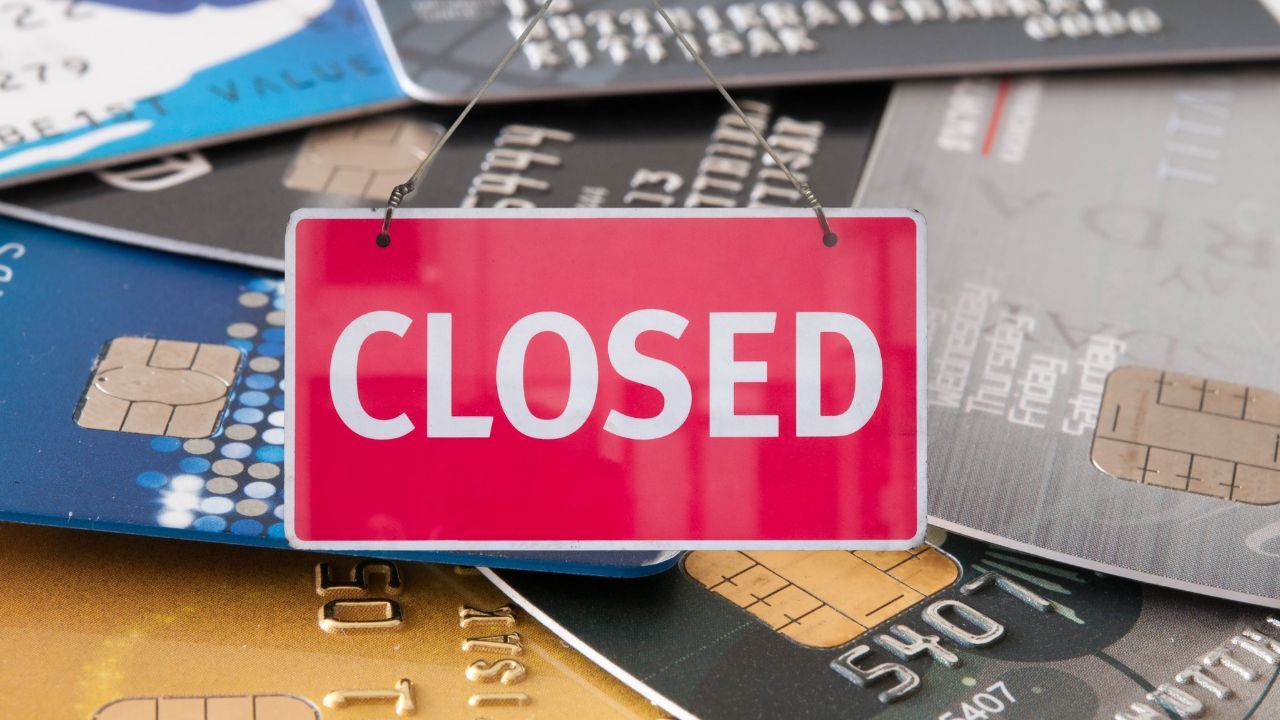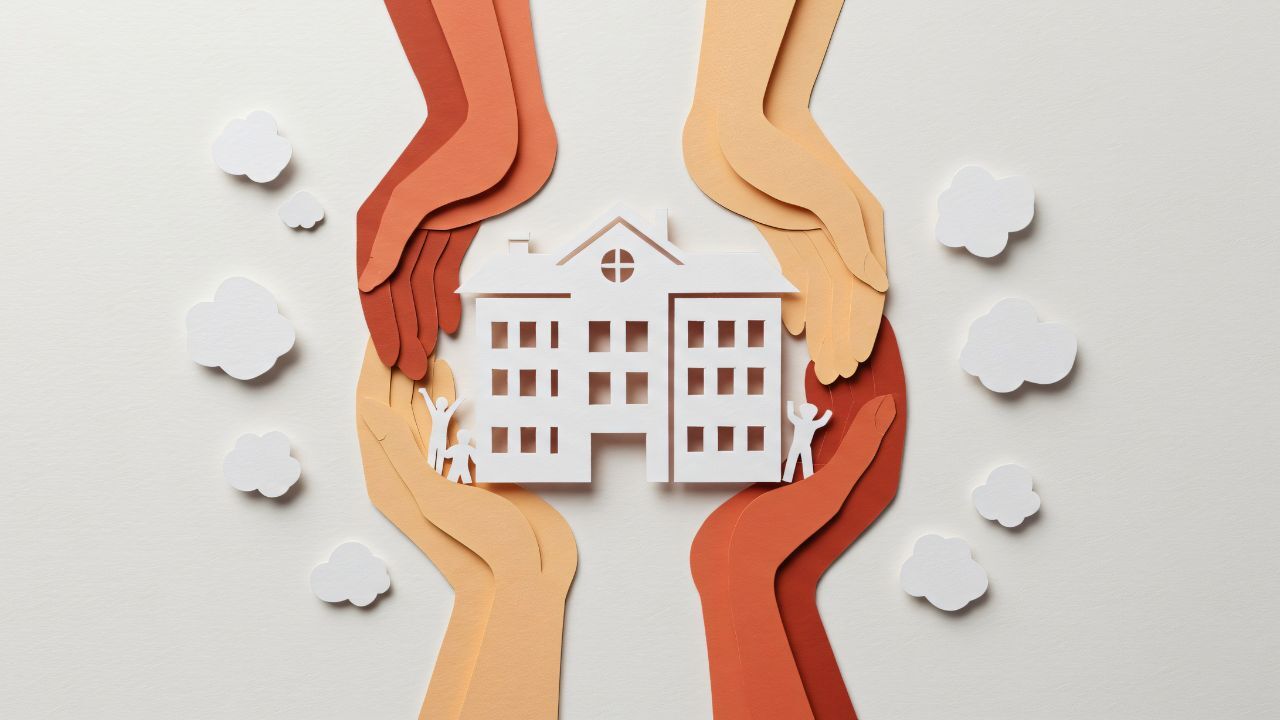 When you are preparing to buy a home, it is natural to want your credit profile to look clean and organized. Many buyers think closing old credit accounts will improve their score, simplify their finances, and make them appear more responsible to lenders. In reality, closing old accounts can have the opposite effect. Those accounts play a much bigger role in your credit profile than most people realize and shutting them down can create sudden changes that impact your mortgage approval.
When you are preparing to buy a home, it is natural to want your credit profile to look clean and organized. Many buyers think closing old credit accounts will improve their score, simplify their finances, and make them appear more responsible to lenders. In reality, closing old accounts can have the opposite effect. Those accounts play a much bigger role in your credit profile than most people realize and shutting them down can create sudden changes that impact your mortgage approval.
Understand How Closed Accounts Affect Your Credit History
Your credit history length is a major part of your credit score. Older accounts help build a long, strong payment record, and closing them can shorten your overall history. When you close an account, it eventually stops contributing to your average age of credit. A shorter credit history can lower your score and make your credit profile look less stable, which can affect the rate you receive or your loan approval altogether.
See How Closing Accounts Impacts Your Credit Utilization
Credit utilization is the percentage of available credit you are currently using. When you close an old card with a high limit, your total available credit drops instantly. This makes your utilization ratio go up, even if your spending stays the same. A higher utilization ratio can lower your score, and lenders view it as a sign of financial stress. Keeping older accounts open gives you more available credit and a healthier utilization ratio.
Know Why Lenders Look Closely at Recent Credit Changes
Lenders prefer to see stable, predictable financial behavior. Closing accounts shortly before applying for a mortgage can look risky because it changes your credit profile right before a major purchase. Even if your intentions are good, lenders may worry that you are trying to manage debt abruptly or hide financial strain. Consistency is key, and the fewer sudden changes you make before applying, the better.
Understand the Value of Long-Term On-Time Payments
Old accounts with long histories of on-time payments help strengthen your credit profile. These accounts show lenders that you have managed credit responsibly for years. Closing them removes some of that positive history from your active credit mix. Even if the account stays on your report for a while, the impact weakens over time. Keeping these accounts open preserves your strongest credit advantages.
Avoid Making Changes Right Before a Mortgage Application
A mortgage application is not the time to reset or rearrange your credit accounts. If you want to simplify your finances, it is best to do it after closing on your home. Before applying, avoid closing cards, opening new ones, or making large changes to your credit usage. The goal is to show lenders stability, steady habits, and a well-managed credit profile.
Closing old accounts may seem like a smart cleanup strategy, but it often hurts more than it helps during mortgage approval. By keeping your accounts open, maintaining low balances, and staying consistent, you can protect your score and present a stronger, more stable financial picture when you apply for a home loan.
 Fractional homeownership is becoming more popular as buyers look for creative ways to enjoy a second home or vacation property without taking on the full cost. Instead of owning one home entirely, you purchase a fraction of the property and share ownership with several other people. While the idea sounds simple, fractional ownership comes with unique rules, financing challenges, and long-term commitments that every buyer should understand before moving forward.
Fractional homeownership is becoming more popular as buyers look for creative ways to enjoy a second home or vacation property without taking on the full cost. Instead of owning one home entirely, you purchase a fraction of the property and share ownership with several other people. While the idea sounds simple, fractional ownership comes with unique rules, financing challenges, and long-term commitments that every buyer should understand before moving forward.